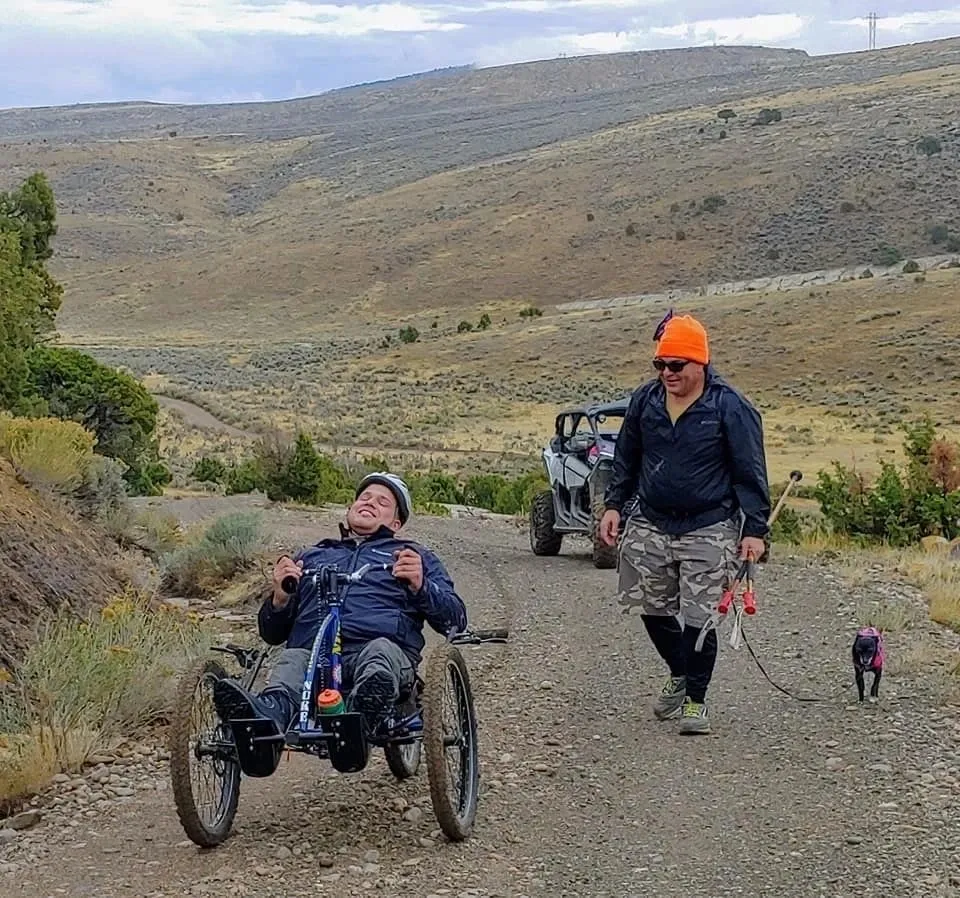
Adaptive ebikes are Game Changers
Adaptive ebikes are indeed being recognized as game changers in the realm of personal mobility, particularly for individuals with disabilities or those seeking more inclusive outdoor activities. Here’s how they’re making an impact:
Increased Accessibility: Adaptive ebikes are designed to accommodate a variety of physical abilities. Features like low step-through frames, pedal assist, throttle options, and even trikes or recumbent designs make cycling accessible to those who might not manage traditional biking due to mobility issues, balance, or strength limitations.
Technological Integration: The integration of AI and adaptive technology, like Shimano’s AI gear shifting system, represents a significant leap. This tech learns from the rider’s habits and adjusts gear changes automatically, making the ride smoother and more intuitive, which is especially beneficial for those not able to manually change gears easily.
Health and Social Benefits: ebikes encourage outdoor activity, which has both physical health benefits and significant mental health advantages. For people with disabilities, this can also combat social isolation by enabling group activities like cycling tours or family rides.
Environmental Impact: By facilitating a shift from car dependency to e-biking, even for short trips, adaptive ebikes contribute to reducing carbon emissions. Innovations like solar-powered charging stations for ebikes, as seen in some urban implementations, further enhance their eco-friendly credentials.
Community and Infrastructure Development: The rise in e-bike popularity, including adaptive models, pushes cities to reconsider cycling infrastructure, making it safer and more accessible for everyone. This includes wider bike lanes, adaptive bike trails, and more inclusive cycling programs.
Economic Aspects: For many, ebikes provide a cost-effective alternative to cars for commuting or running errands, especially with models that can carry cargo or additional passengers. The ability to convert regular bikes into ebikes with attachments like the PikaBoost also makes this technology more accessible without the need to buy a new bike.
Cultural Shift: There’s a growing acceptance and enthusiasm around ebikes as not just tools for those with mobility challenges but as a fun, efficient, and healthy way to travel for everyone. This cultural shift is evident from posts on platforms like Instagram, where users share their experiences and the benefits they’ve encountered, indicating a broader acceptance and interest in adaptive ebikes.
Adaptive ebikes are not just assisting those with disabilities but are revolutionizing personal transport by merging technology with inclusivity, thereby changing how we think about mobility and accessibility in urban and recreational settings. This movement is supported by both technological advancements and a societal push towards more sustainable and inclusive modes of transport.

